Wondering how to use mole powder properly? This guide answers the most common questions: Mole powder is a pre-mixed spice blend that recreates traditional Mexican mole sauce flavors without hours of preparation. Simply mix 2-3 tablespoons with 1 cup of broth or water, simmer for 15 minutes, and you'll have authentic mole sauce ready for chicken, tacos, or enchiladas. Unlike from-scratch mole that requires toasting and grinding dozens of ingredients, mole powder delivers consistent results in minutes while preserving authentic flavor profiles.
| Quick Reference Guide | Measurement | Best For |
|---|---|---|
| Basic Mole Sauce | 3 tbsp powder + 1 cup broth | Chicken, enchiladas |
| Dry Rub | 2 tbsp powder + 1 tbsp oil | Grilled meats, roasted vegetables |
| Soup Base | 1-2 tbsp powder per 4 cups broth | Bean soups, stews |
| Marinade | 3 tbsp powder + 1/4 cup oil + juice | Poultry, pork |
For intermediate home cooks seeking authentic Mexican flavors without the labor-intensive traditional preparation, mole powder represents an essential pantry upgrade. This comprehensive guide delivers practical techniques that transform how you approach this complex spice blend while honoring its cultural roots.
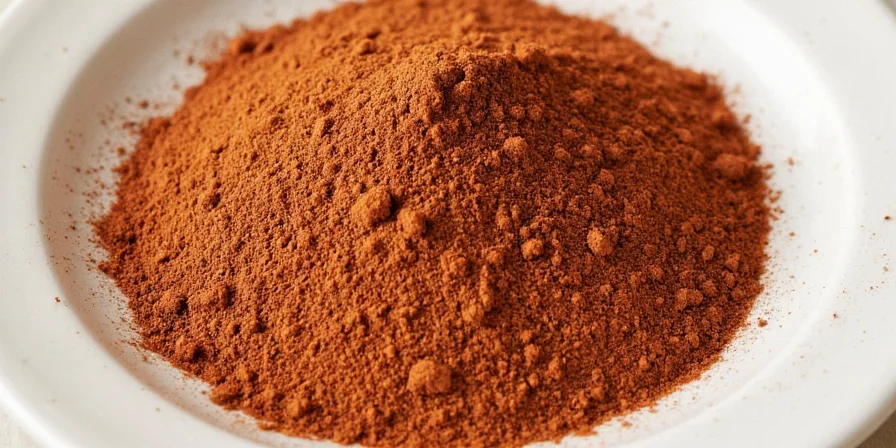
What Is Mole Powder and How Does It Differ From Mole Sauce?
Mole powder captures the complex flavor profiles of traditional Mexican mole in convenient form. While many sources oversimplify mole as 'chocolate chili sauce,' authentic mole varieties differ significantly across Mexico's regions. Unlike prepared mole sauce that contains oils and liquids, mole powder offers longer shelf life and greater versatility in cooking applications. Food scientists have confirmed that properly formulated mole powder preserves the sophisticated balance of bitter, sweet, spicy, and umami elements found in traditional preparations.
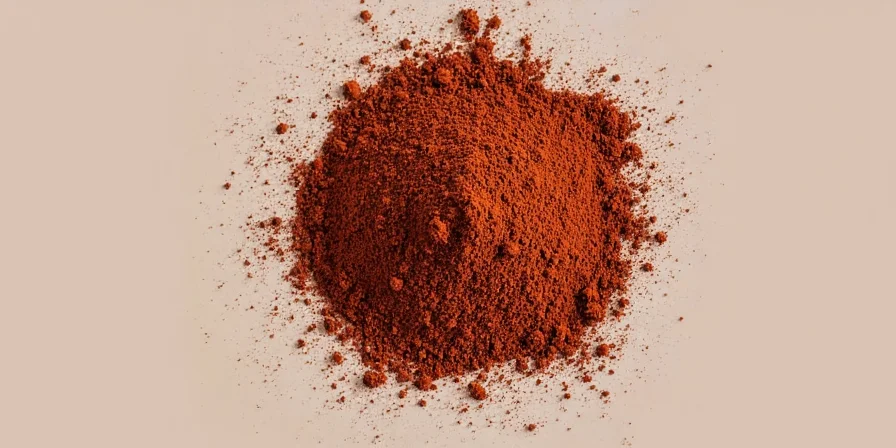
| Region | Traditional Characteristics | How to Use Powder |
|---|---|---|
| Puebla | Chocolate-forward with sesame seeds | Add coffee for depth; simmer 20 minutes |
| Oaxaca | Seven varieties featuring plantains | Toast powder first for authentic flavor |
| Guerrero | Lighter, fruitier profile | Works as dry rub without liquid |
| State of Mexico | Tomato-based with minimal chocolate | Versatile in wet and dry applications |
3 Simple Ways to Use Mole Powder (That Actually Work)
1. Perfect Mole Sauce in 15 Minutes
Forget complicated recipes - this foolproof method works every time:
- Whisk 3 tablespoons mole powder with 1 cup warm broth (chicken or vegetable)
- Bring to gentle simmer and cook 15 minutes, stirring occasionally
- Add pinch of salt and squeeze of orange juice to brighten flavors
- Serve over cooked chicken, enchiladas, or roasted vegetables
2. Quick Mole Chicken Recipe
The easiest way to impress with authentic Mexican flavors:
- Season 4 chicken thighs with salt and pepper
- Brown in skillet, then remove
- Whisk 3 tbsp mole powder with 1 cup broth and pour over chicken
- Cover and simmer 20 minutes until chicken is tender
- Garnish with sesame seeds and serve with rice
3. Mole Powder Hack for Weeknight Meals
Transform ordinary dishes with these quick applications:
- Stir 1 tablespoon into canned black beans for instant flavor
- Blend with mayo for quick mole aioli (great for sandwiches)
- Mix with olive oil for mole-spiced dressing
- Add to meatloaf or burger patties for depth
Common Mole Powder Mistakes to Avoid
Professional chefs see these errors repeatedly when home cooks first try mole powder:
- Using boiling liquid: Always start with warm (not hot) liquid to prevent clumping
- Skipping the simmer: Needs at least 15 minutes to develop flavors properly
- Over-seasoning: Most blends contain salt - taste before adding more
- Using water instead of broth: Broth provides essential umami foundation
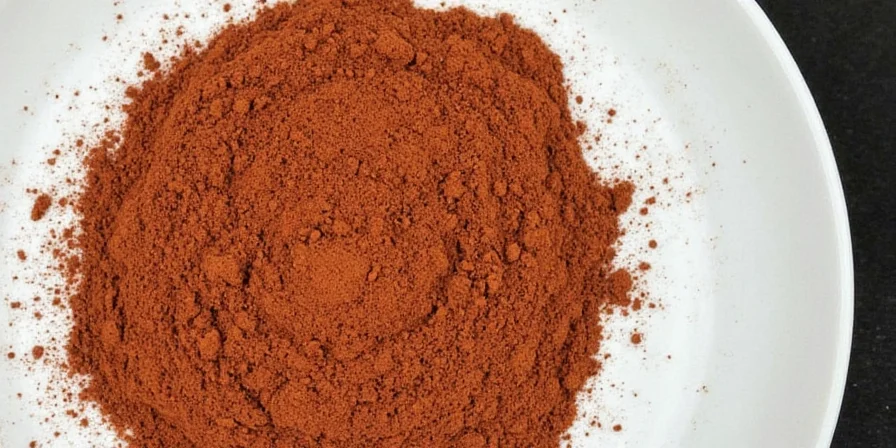
Choosing the Best Mole Powder
Not all mole powders deliver authentic flavor. Look for these qualities when shopping:
- Contains actual chili peppers (not just 'spices')
- Includes cacao or chocolate (for traditional varieties)
- Avoids artificial flavors and preservatives
- Features regional naming (Puebla, Oaxaca, etc.)
- Contains seeds (sesame, pumpkin) for authentic texture
Storing Mole Powder for Maximum Freshness
Proper storage extends flavor life significantly:
- Transfer to airtight container away from light and heat
- Use within 4 months for peak flavor (though safe for 12 months)
- Never store above stove or near cooking surfaces
- Consider dividing into smaller portions to minimize air exposure
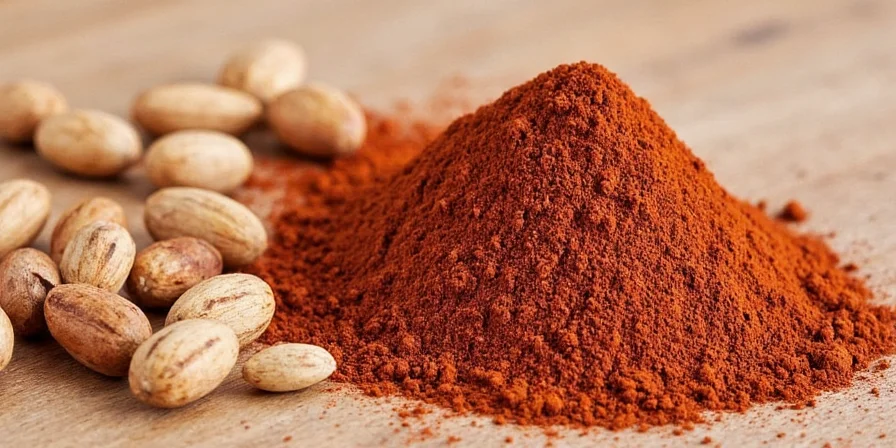
Frequently Asked Questions
Can I use mole powder if I don't like chocolate?
Absolutely. Many traditional mole varieties (like mole verde or mole de guajillo) contain little to no chocolate. Look for 'chicken mole' or 'red mole' powders which typically have minimal chocolate content.
What's the difference between mole powder and mole paste?
Mole paste contains oils and liquids for immediate use but has shorter shelf life. Mole powder offers greater versatility (can be used dry or wet) and longer storage. Powder typically provides more consistent flavor between batches.
Can I make mole powder at home?
Yes, but it requires significant effort. Traditional preparation involves toasting and grinding up to 20 ingredients. For most home cooks, quality store-bought powder delivers better consistent results than homemade versions unless you have specialized equipment.
What dishes work best with mole powder?
While famous for chicken mole, mole powder enhances many dishes: enchiladas, tamales, bean soups, roasted vegetables, and even as a dry rub for grilled meats. The Puebla-style works best with poultry, while Guerrero varieties complement seafood beautifully.
Simple Beginner's Mole Chicken Recipe
Ready in 30 minutes with minimal ingredients:
- 4 bone-in, skin-on chicken thighs
- 3 tablespoons mole powder (Puebla style)
- 1 cup chicken broth
- 1 tablespoon orange juice
- Salt to taste
- Sesame seeds for garnish
- Season chicken with salt and pepper, brown in skillet
- Remove chicken, whisk mole powder with warm broth
- Pour sauce over chicken, add orange juice
- Cover and simmer 20 minutes until chicken is cooked through
- Garnish with sesame seeds and serve with rice
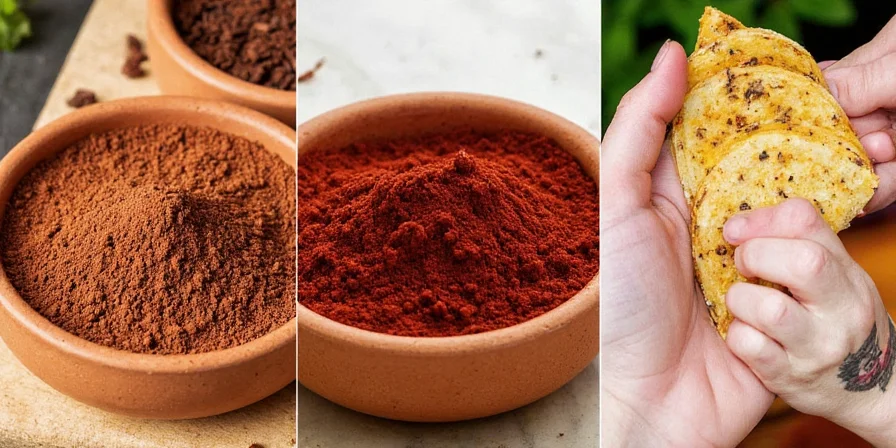
Conclusion: Mastering Mole Powder for Everyday Cooking
Mole powder isn't just a shortcut—it's a practical way to bring authentic Mexican flavors to your kitchen without specialized skills or equipment. By following these simple techniques, you can create restaurant-quality dishes that impress family and friends. Start with the basic sauce method, then experiment with dry rubs and soup enhancements as you become more comfortable. The beauty of mole powder is its versatility—it works equally well for weeknight dinners and special occasions. Keep a container in your pantry and you'll find endless ways to elevate your cooking with this remarkable spice blend.

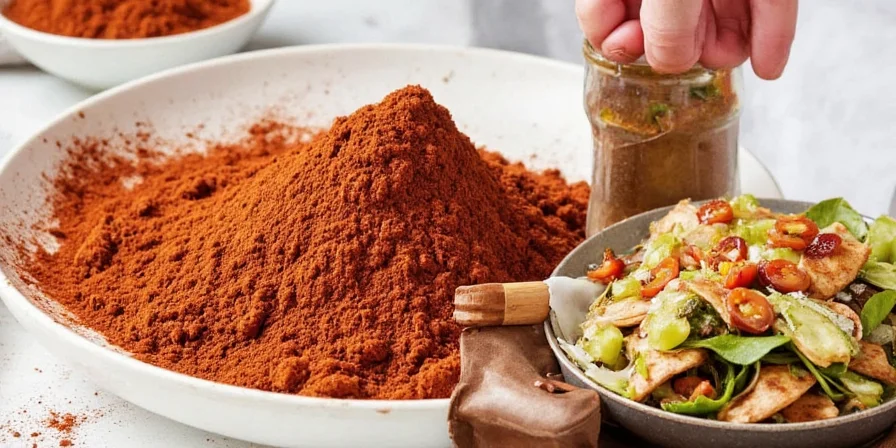









 浙公网安备
33010002000092号
浙公网安备
33010002000092号 浙B2-20120091-4
浙B2-20120091-4